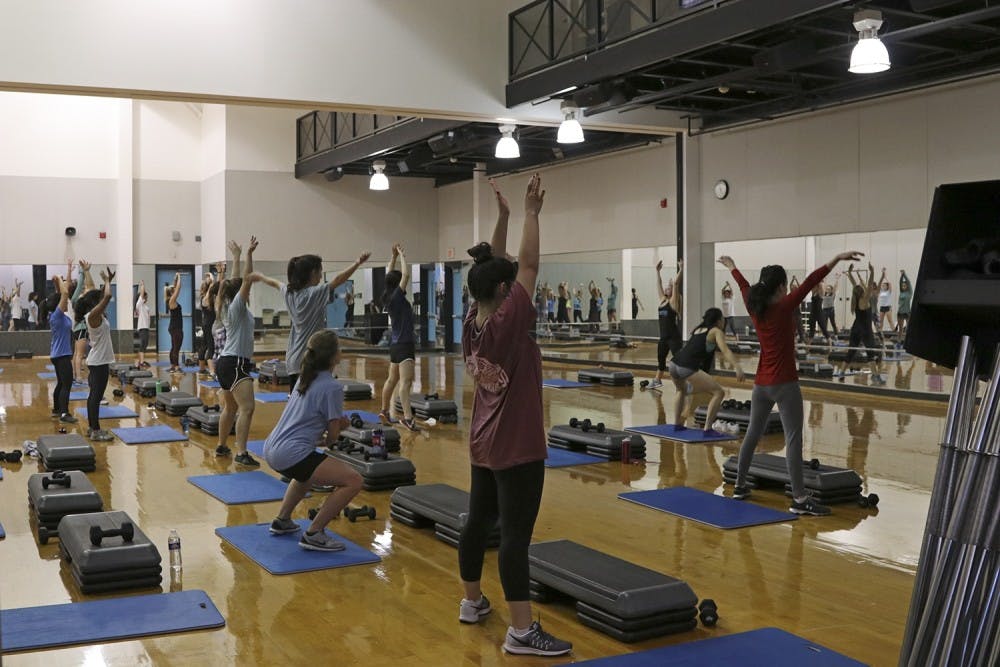A new UNC study may help debunk the traditional rags to riches narrative surrounding upward mobility and its relationship to higher education.
Published in fall 2017, the study, titled "College completion predicts lower depression but higher metabolic syndrome among disadvantaged minorities in young adulthood," was authored by a team led by UNC sociology professor Kathleen Mullan Harris and UNC researcher Lauren Gaydosh.
Its findings show a college education in the United States does not necessarily result in improved well-being — at least, not for all Americans.
Although the study confirmed that while completing college results in improved mental health for all races, this was not the case for physical health.
While college completion additionally results in improved physical health for whites and minorities from advantaged backgrounds, Black and Hispanic Americans coming from economically disadvantaged backgrounds do not see this benefit.
Black and Hispanic Americans from disadvantaged backgrounds that hold college degrees actually have higher incidence of metabolic syndromes like diabetes, heart attacks and strokes compared to similarly disadvantaged peers who did not complete college.
The study speculates the reason for this disparity is that minority students coming from disadvantaged backgrounds face increased stress and hardship to overcome the barriers of their early environments to achieve educational success within discriminatory social structures.
It suggests these upwardly mobile minority students are resilient and psychologically hardy, but when coping with barriers and stressors may deploy strategies that are effective in alleviating mental strife but are harmful for physical health.
“The implications of our findings suggest that policies and programs are needed to help African-American and Hispanic young adults avoid the stresses and social isolation they experience when they move up the social ladder and complete a college degree,” Harris said in an email. “Programs designed to reduce the discrimination they experience, promote their sense of belonging, and encourage development of social networks and social support would help to buffer stress they experience on a daily basis and promote their health and well-being.”




